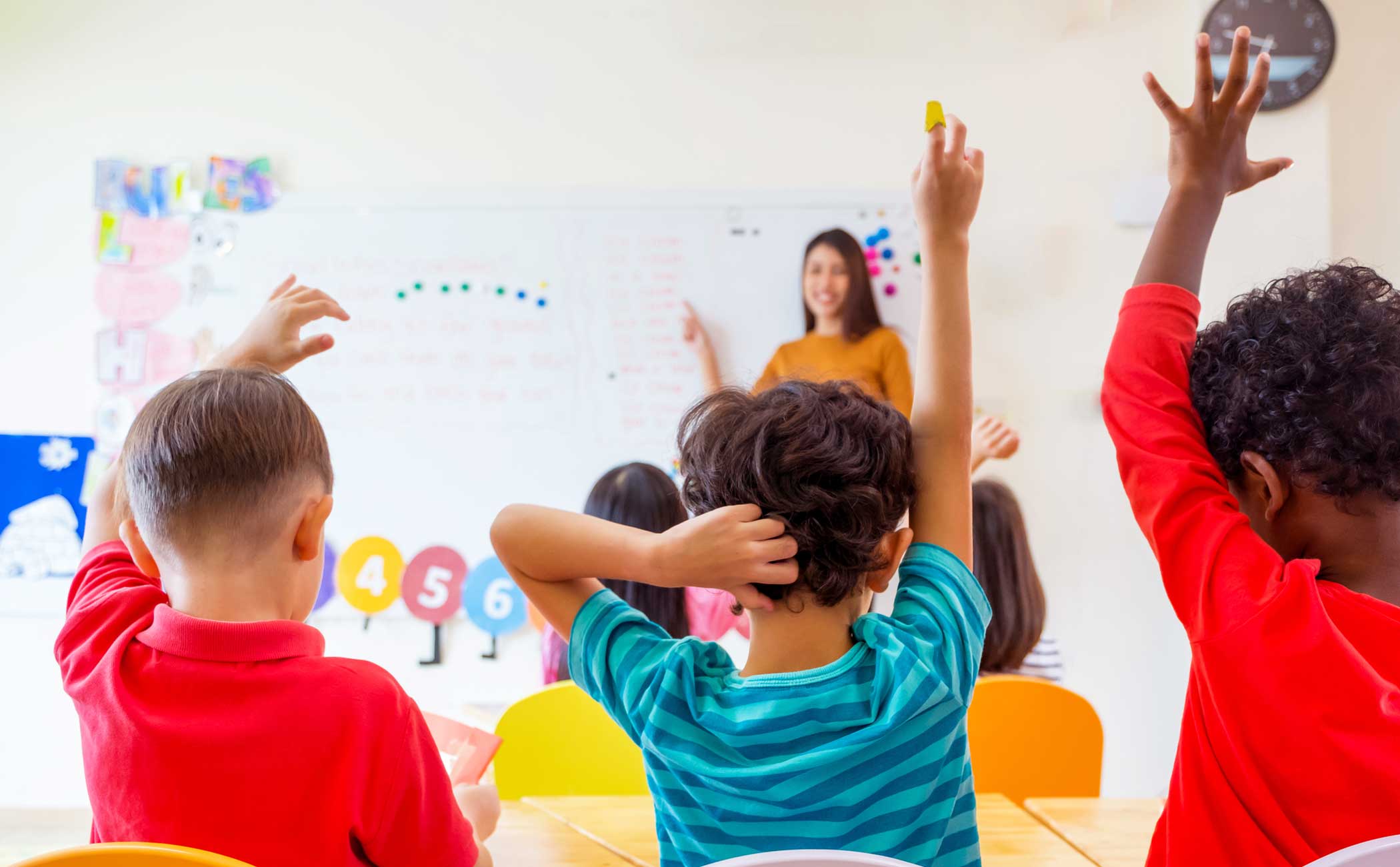
Research: Family adversity lowers children’s social-emotional skills
03 Sep 2021 By Chuck Green, CYFS
Strong social-emotional skills have been found to impact children’s development and later success.
Research also shows children exposed to adverse experiences — maternal depression, poverty, parental substance use, physical abuse and neglect — are at risk for having lower social-emotional functioning compared to their peers.
Kelsey McCoy, doctoral candidate in clinical psychology, and David Hansen, professor of psychology, led a recent study to identify whether family risk factors predict rates of change in children’s social and emotional skills, and how classroom experiences — teacher efficacy, curriculum adherence and classroom quality — may buffer or enhance those effects.
Findings revealed high rates of familial risk and adversity, with more than half the children having experienced seven or more familial risk factors.
“We saw that these children who had increased exposure to adversity or increased familial risk exhibited lower social-emotional skills as reported by the teachers,” McCoy said. “This highlights the need to promote healthy social-emotional development and trauma-informed practices.”
Researchers collaborated with preschool teachers from three Lincoln Head Start centers, who assessed the social-emotional functioning of more than 100 children enrolled. Teachers also completed surveys on their perceptions of their own efficacy and satisfaction in the classroom.
Data on familial risk were collected from clinical records, and additional information was collected through juvenile justice system public records.
After the original longitudinal data collection plan was disrupted by the COVID-19 pandemic in March 2020, researchers added a qualitative component consisting of semi-structured interviews with teachers focused on their perceptions of facilitators and barriers to social-emotional learning.
During the interviews, teachers identified several barriers to social-emotional learning, including time constraints, parent engagement, language and staff support. They also noted challenges to supporting children exposed to adversity, such as structure and consistency, parent relationships and training.
Teachers reported additional challenges when Lincoln Head Start classrooms reopened at 30% capacity in August 2020, including increased cleaning procedures and stressors on enrolled families.
McCoy will share her findings with Head Start administrators and staff to help enhance teacher training and inform practice changes.
Her project’s focus on social-emotional learning for children exposed to adversity is unique, McCoy said.
“There haven’t been qualitative studies focused on what social-emotional learning looks like from a teacher’s perspective for kids who have experienced diversity or familial risk,” she said.
The project is funded by the U.S. Department of Health and Human Services—Administration for Children and Families. Learn more about the project on the CYFS Research Network.
College of Education and Human Sciences